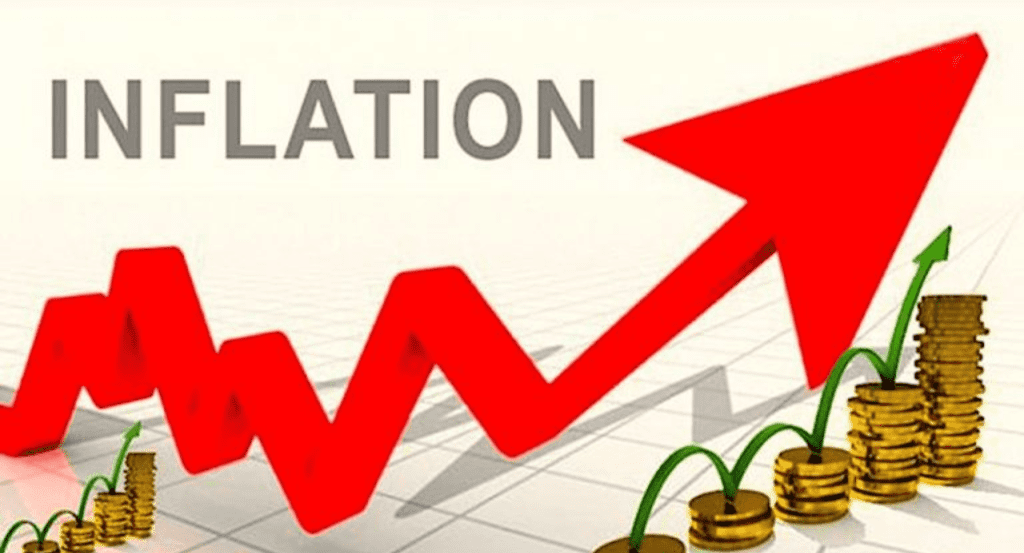Nigeria’s inflation rate is projected to decline to 27% by December 2025, according to an economic outlook report by ARM Securities Limited. The report suggests that stabilizing macroeconomic policies and increased foreign exchange inflows will contribute to easing inflationary pressures in the country.
Currently, Nigeria’s inflation rate stands at a high of 33.2%, driven by factors such as currency devaluation, subsidy removal, and global supply chain disruptions. However, experts believe the implementation of targeted monetary policies by the Central Bank of Nigeria (CBN) and fiscal measures by the government will gradually decelerate inflation over the year.
The report highlights the potential stabilization of the naira as a significant driver of this projected decline. With Nigeria’s foreign exchange reserves expected to receive a boost from foreign direct investments and export revenue, the naira’s exchange rate against the dollar is anticipated to become less volatile.
ARM also predicts a reduction in the Monetary Policy Rate (MPR) by the second half of the year, which is currently set at 18.75%. The adjustment would signal a shift toward pro-growth policies aimed at stimulating economic recovery and curbing inflation.
According to financial analysts, another factor expected to influence the inflation rate is improved agricultural productivity. The government’s initiatives to enhance food security and reduce dependence on imports could lower food inflation, which has consistently been a major component of the overall inflation rate.
Despite these optimistic projections, risks remain. Challenges such as insecurity, fiscal deficits, and potential global economic shocks could slow the pace of inflation reduction. Additionally, analysts caution that the impact of subsidy removal on transportation and energy costs might continue to exert upward pressure on consumer prices.
Nevertheless, stakeholders are confident that the measures being implemented will yield positive outcomes. “If the government continues to adopt prudent fiscal policies and the CBN maintains its focus on achieving exchange rate stability, Nigeria could see significant progress in tackling inflation,” said an economist at BusinessDay.
The projected decline in inflation is expected to benefit both consumers and businesses, boosting purchasing power and encouraging investment in the local economy. However, sustained commitment to reforms and macroeconomic stability will be crucial to achieving and maintaining this goal.
As Nigeria navigates its economic challenges, the government’s ability to effectively implement its policies will determine whether the country can meet its inflation target by the year’s end.




















